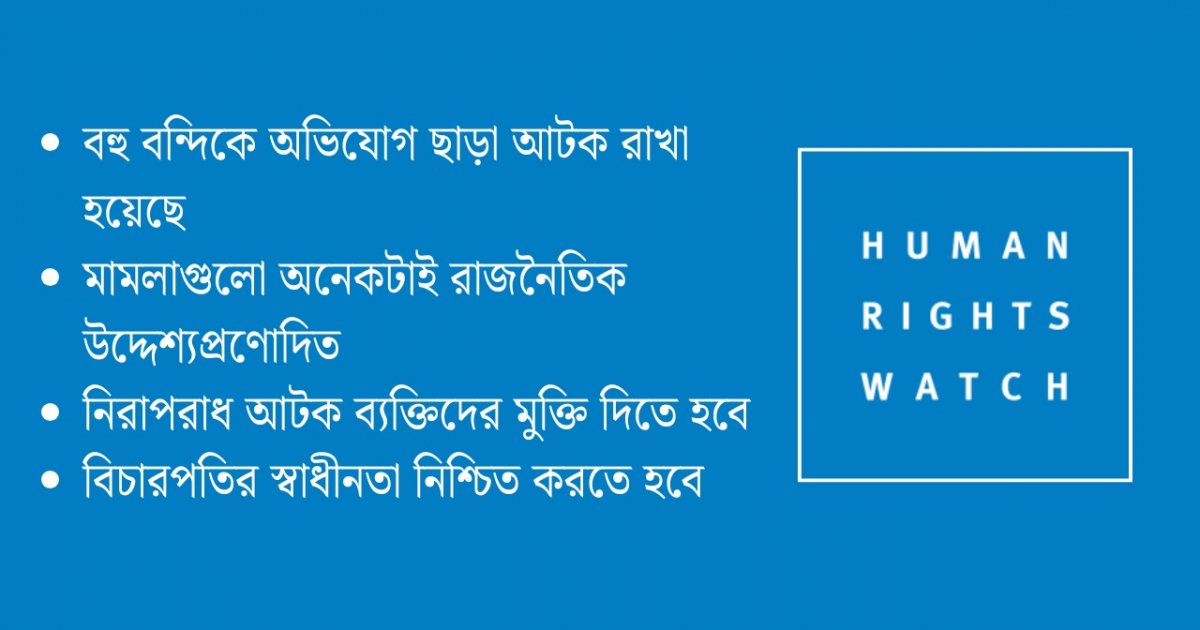Google Unveils Batch Calibration to Enhance LLM Performance
The post Google Unveils Batch Calibration to Enhance LLM Performance appeared on BitcoinEthereumNews.com. Google Research recently introduced a method termed Batch Calibration (BC) aimed at enhancing the performance of Large Language Models (LLMs) by reducing sensitivity to design decisions like template choice. This method is poised to address performance degradation issues and foster robust LLM applications by mitigating biases associated with template selections, label spaces, and demonstration examples. The unveiling took place on October 13, 2023, and the method was elucidated by Han Zhou, a Student Researcher, and Subhrajit Roy, a Senior Research Scientist at Google Research. The Challenge The performance of LLMs, particularly in in-context learning (ICL) scenarios, has been found to be significantly influenced by the design choices made during their development. The prediction outcomes of LLMs can be biased due to these design decisions, which could result in unexpected performance degradation. Existing calibration methods have attempted to address these biases, but a unified analysis distinguishing the merits and downsides of each approach was lacking. The field needed a method that could effectively mitigate biases and recover LLM performance without additional computational costs. Batch Calibration Solution Inspired by the analysis of existing calibration methods, the research team proposed Batch Calibration as a solution. Unlike other methods, BC is designed to be a zero-shot, self-adaptive (inference-only), and comes with negligible additional costs. The method estimates contextual biases from a batch of inputs, thereby mitigating biases and enhancing performance. The critical component for successful calibration as per the researchers is the accurate estimation of contextual bias. BC’s approach of estimating this bias is notably different; it relies on a linear decision boundary and leverages a content-based manner to marginalize the output score over all samples within a batch. Validation and Results The effectiveness of BC was validated using the PaLM 2 and CLIP models across more than 10 natural language understanding and image…

The post Google Unveils Batch Calibration to Enhance LLM Performance appeared on BitcoinEthereumNews.com.
Google Research recently introduced a method termed Batch Calibration (BC) aimed at enhancing the performance of Large Language Models (LLMs) by reducing sensitivity to design decisions like template choice. This method is poised to address performance degradation issues and foster robust LLM applications by mitigating biases associated with template selections, label spaces, and demonstration examples. The unveiling took place on October 13, 2023, and the method was elucidated by Han Zhou, a Student Researcher, and Subhrajit Roy, a Senior Research Scientist at Google Research. The Challenge The performance of LLMs, particularly in in-context learning (ICL) scenarios, has been found to be significantly influenced by the design choices made during their development. The prediction outcomes of LLMs can be biased due to these design decisions, which could result in unexpected performance degradation. Existing calibration methods have attempted to address these biases, but a unified analysis distinguishing the merits and downsides of each approach was lacking. The field needed a method that could effectively mitigate biases and recover LLM performance without additional computational costs. Batch Calibration Solution Inspired by the analysis of existing calibration methods, the research team proposed Batch Calibration as a solution. Unlike other methods, BC is designed to be a zero-shot, self-adaptive (inference-only), and comes with negligible additional costs. The method estimates contextual biases from a batch of inputs, thereby mitigating biases and enhancing performance. The critical component for successful calibration as per the researchers is the accurate estimation of contextual bias. BC’s approach of estimating this bias is notably different; it relies on a linear decision boundary and leverages a content-based manner to marginalize the output score over all samples within a batch. Validation and Results The effectiveness of BC was validated using the PaLM 2 and CLIP models across more than 10 natural language understanding and image…
What's Your Reaction?










































